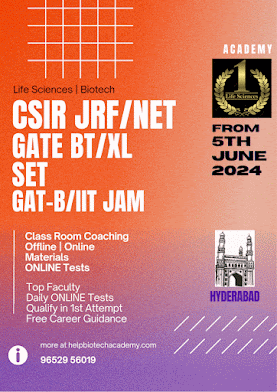COMMONWEALTH SHARED SCHOLARSHIP SCHEME 2009
Commonwealth Shared Scholarships, set up by DFID in 1986, represent a
unique partnership between the United Kingdom government and UK
Universities.
Shared Scholarships have enabled thousands of students, who
would not otherwise have been enabled to do so, to benefit from UK higher
education and over 30 UK universities have offered to support our
scholarships.
SHARED SCHOLARSHIP SCHEME
1. GENERAL
Awards made under this scheme are jointly funded by the Department for
International Development (DFID), as part of the United Kingdom International
Development programme to developing countries, and participating institutions
in the UK. The scheme is administered by the Commonwealth Scholarship
Commission (CSC), whose secretariat is provided by the Association of
Commonwealth Universities, Woburn House, 20-24 Tavistock Square, London
WC1H 9HF.
2. AIMS
The aim of the scheme is to assist students, from developing Commonwealth
countries, of excellent academic calibre who, for financial reasons, are unable
to study in Britain and are outside the scope of other British Government
Support Schemes, but would benefit from higher education in the United
Kingdom, enabling them to contribute toward the development of their home
countries.
3. LEVEL OF STUDY
Awards are for taught masters courses only. No awards will be made for
undergraduate or doctoral study.
4. SUBJECTS
Subjects must be related to the economic, social and technological development
of the student’s home country; see page 8 for a full list of eligible courses.
5. DURATION OF AWARDS
Awards are normally tenable for one-year taught postgraduate courses only.
6. ELIGIBILITY
6.1 Candidates are normally expected to hold a first degree at either first
class or upper second-class level. Sponsoring institutions are asked to
give priority to candidates under the age of 30 but may give reasons for
wishing to make exceptions for older candidates. They must also
confirm that candidates are sufficiently fluent in written and oral English
to pursue their proposed studies immediately, as no pre-course English
Language Teaching is available under these awards. Candidates who
have already studied for one year or more in a developed country or who
possess sufficient resources to self-fund, are not eligible for an award.
6.2 Candidates must certify in writing that they
i) are nationals of a Commonwealth developing country, and not at
present living or studying in a developed country;
ii) have not undertaken studies lasting one year or more in a
developed country;
iii) are not at present employed by a national Government department
or parastatal organisation;
iv) are themselves, or through their families, unable to pay to study
in the United Kingdom;
v) will return to their home country as soon as their awards ends.
6.3 Candidates are advised that false declarations will cause at least DFID’s
share of the award to be terminated, even if the course of study has
started. In such circumstances, the candidate will be required to refund
any payments made by DFID in connection with the award.
7. COSTS
7.1 DFID and participating United Kingdom institutions will jointly meet
the full costs of an award holder’s study in the United Kingdom
including air fares to and from the United Kingdom. Maintenance
allowance is paid by the scholar’s host institution, at the level set by the
UK Government: £935 per month for scholars based in London and
£767 per month for the rest of the UK. (July 2008 figures)
7.2 A grant of up to £225 to cover thesis (Master’s) costs is available; also
available is £100 for study travel. The cost of up to 10 Kilograms of
excess baggage (books only) is available for scholars returning home at
the end of their awards.
7.3 No additional allowances are paid for spouses or other dependants.
8. APPLICATION AND SELECTION
8.1 Although institutions will normally recruit direct, the availability of
these awards will be advertised through British High Commissions if the
institutions have indicated their wish to avail themselves of this service.
8.2 Applications should be made directly to the institutions at which
candidates wish to study. The sponsoring institutions will be the judges
of academic calibre and will forward their nominations to the
Commonwealth Scholarship Commission for its agreement. Institutions
will normally advise candidates of the result not later than July.
8.3 Candidates should note that although they may apply to more than one
institution, only one offer of award may be accepted.
Further details




-%20Open.jpg)






0 Comments